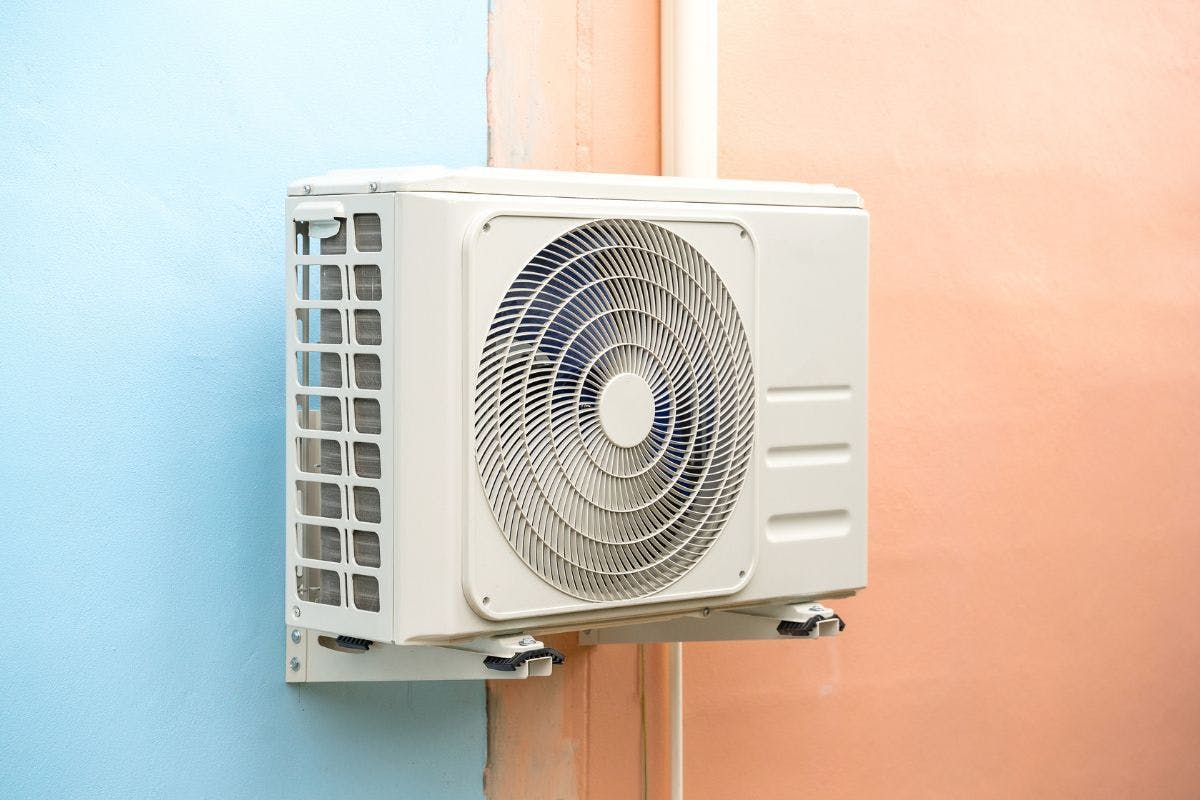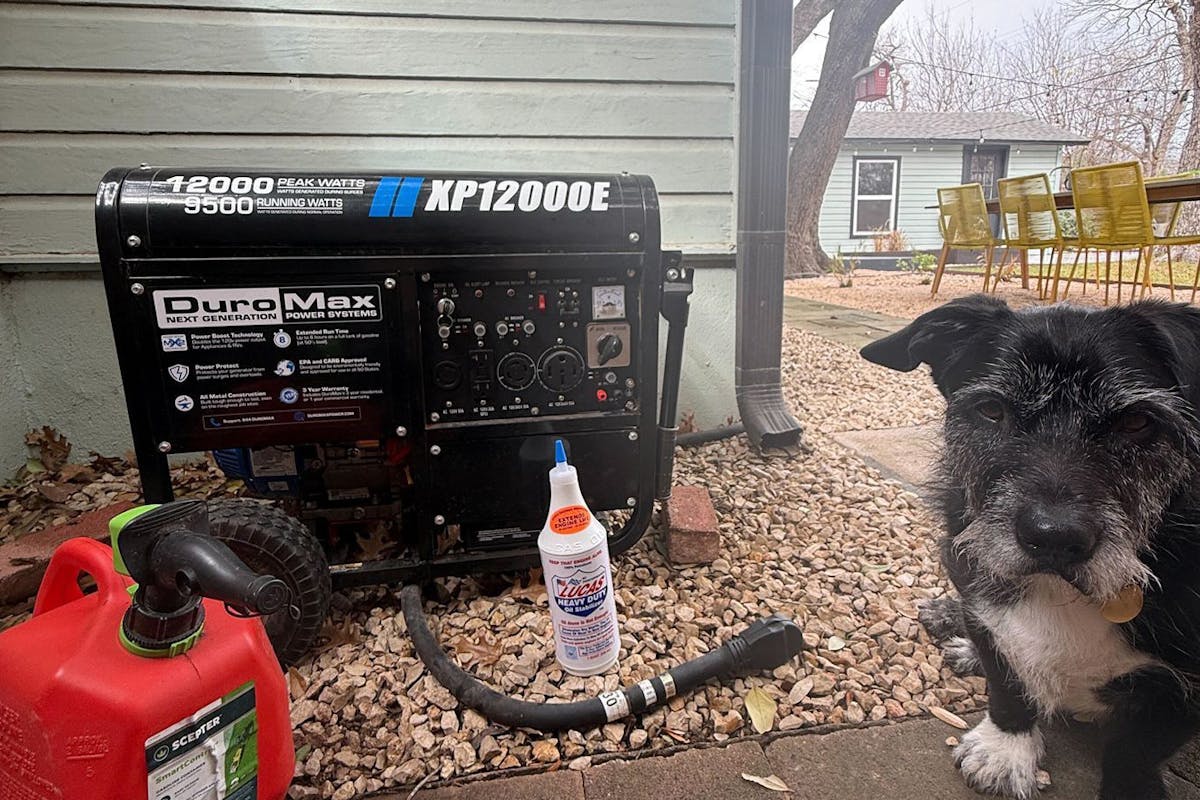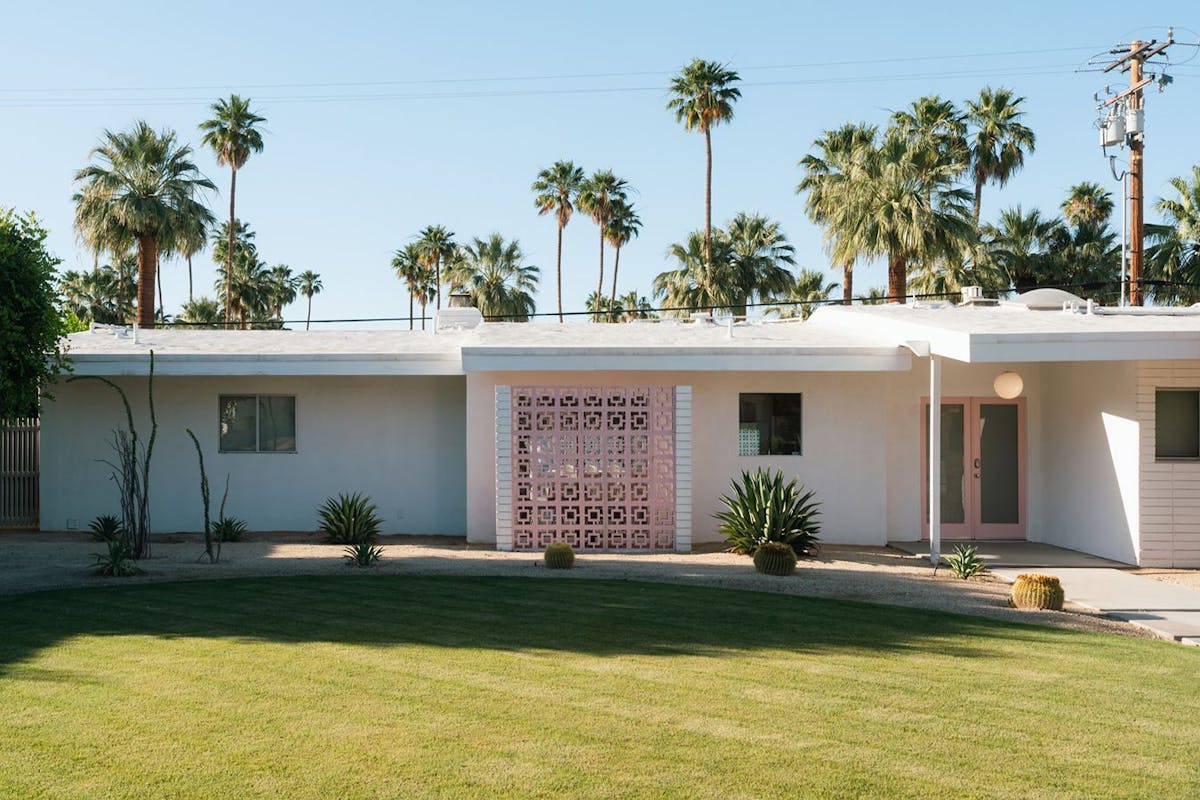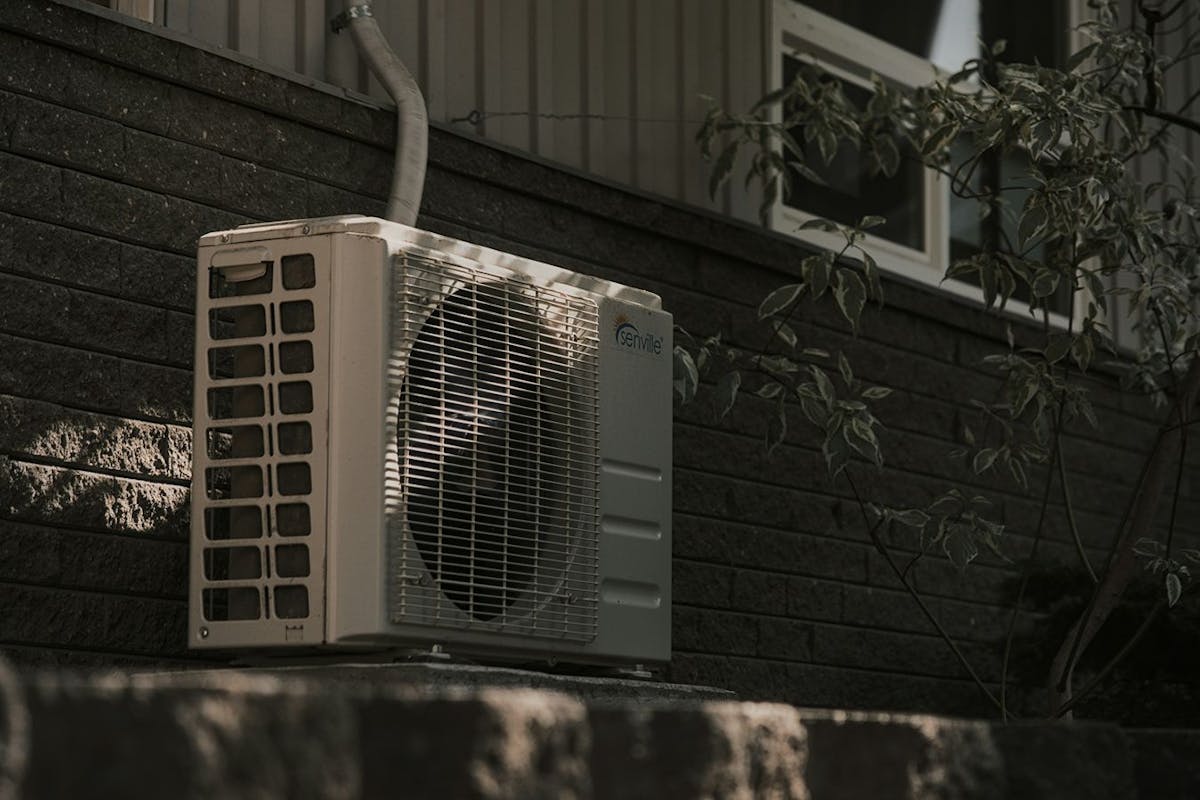Heat Pump Sizing: Why Finding the Sweet Spot Matters
Last edited
Author
Andrew Blok
Electrification and Solar Writer and Editor
Editor
Andrew Giermak
Solar and Electrification Writer and Editor

Heat pumps are the most efficient way to heat and cool a home. But not all heat pumps are the same. They vary in efficiency, heating and cooling performance, and even size.
Getting the correct heat pump size is one key step in getting the right heat pump system for your home. You don't want to overpay for a too-large system, or be stuck with a too-small heat pump that struggles to keep up on the hottest or coldest days. A reliable installer will size a heat pump for you, but understanding the basics can help you be a more informed shopper.
See how much you can save with a new HVAC system from Palmetto
Why Does Heat Pump Size Matter?
Heat pump size matters for two main reasons: comfort and efficiency.
Comfort
An undersized heat pump may struggle to keep up with your heating or cooling needs when you need it the most. A heat pump that’s not correctly sized may also heat or cool your home unevenly.
Since heat pumps — like air conditioners — remove humidity from your home, one that doesn’t run enough may leave more humidity than is desirable.
Efficiency
A heat pump is most efficient when it’s the right size.
An undersized heat pump will have to run longer and harder than an appropriately sized one, using more energy.
An oversized heat pump will short cycle, turning on and off more frequently than needed. In the long run, short cycling can damage a heat pump system, lead to costly repairs, and may shorten the system’s lifespan. Short cycling can happen for a number of reasons, so calling in a heat pump maintenance professional can be a good idea. You might just need to change your air filters, too.
How Is Heat Pump Size Measured?
Heat pump size is measured in British thermal units per hour (Btus) and tons (one ton is the same as 12,000 Btus). The higher the number, the more heat a heat pump can move. In general, larger, leakier houses will need larger heat pumps.
Finding out what heat pump size your home needs can be done in a few ways, but one is clearly better.
Use a rule of thumb
Using a rule of thumb is never going to be your best option. You can take your home’s square footage and divide by 500 to get a recommended heat pump size in Btus, but you’re ignoring a huge amount of information about your house that could get you a better fit.
See how much you can save with a new HVAC system from Palmetto
Manual J calculation
Manual J is a handbook published by the Air Conditioning Contractors of America. It’s one of the most thorough ways to calculate the right heat pump size for a home. Here’s some of what it takes into account.
Age: Older houses were built in times of lower energy efficiency standards. Air sealing a home, old or new, can make this less of a problem.
Appliances: Appliances often generate heat when you use them.
Ceiling height: Since heat rises, rooms with lower ceilings are easier to heat than those with tall ceilings.
Climate: Matching your heat pump to your local climate is a key step. The hotter it is the more cooling power you need, and the colder it is the more heating you’ll want.
Doors: The number and efficiency rating of your doors — one place air can escape from your home — will impact the load calculation.
Ductwork: How efficient your ductwork is affects the heating and cooling load you need. Air sealing your ductwork can boost your heat pump’s efficiency and reduce the power you need. Ductless minisplit heat pumps have an efficiency advantage over ducted heat pumps since they do without ducts altogether.
Insulation: Adequate home insulation improves energy efficiency. Attic insulation keeps heat from escaping through the roof.
Number of inhabitants: People give off heat. The more people living in a house the more cooling and less heating you might need.
Square footage: The larger your home, the more heating and cooling power you’ll need.
Temperature preference: Your preferred thermostat setting can affect your heating and cooling load. You’ll need more capacity to keep it extra toasty in the winter or downright cold in the summer.
Windows: The energy efficiency of your windows is a key factor. The Department of Energy says that a home loses 30% of its heating energy through the windows and about 75% of sunlight that hits a double-pane window becomes heat in your home.
Blower test
While they’re not commonly done, a blower test can give detailed insight into your home’s air leakage. During a blower test, technicians force air into your home and then use thermal imaging to see precisely where conditioned air might be escaping.
All of the above factors affect your home’s heating and cooling needs. In general, the more you take into account, the better your heat pump will meet your actual needs.
Sound like a lot? That’s why it’s almost always best to rely on a professional.
Finding the Right Heat Pump Requires Professional Help
Getting a new heat pump is one of those times when it’s best to work with a professional.
Besides the complexity of doing a heating and cooling load calculation well, local knowledge can pay dividends, too.
When an experienced HVAC professional sizes a heat pump for your home, they’ve likely done the same for dozens of homes like yours, all in the same climate zone. While they should still run their sizing calculation for your home, their local knowledge can make that process quicker and more accurate. A heat pump is central to your home being a comfortable place. You want it sized and installed well.
Whether you’re buying or leasing a heat pump, such as with the Palmetto Comfort Plan, it’s the most energy efficient option for heating and cooling your home. Learn more about your options with Palmetto.
See how much you can save with a new HVAC system from Palmetto
Frequently Asked Questions
Is a bigger heat pump better?
A heat pump that’s too big or too small will be a problem. Heat pumps that are too big can short cycle, turning on and off quicker than is efficient. That can damage the heat pump, leading to costly repairs or early replacement. A heat pump that runs infrequently will also do a worse job dehumidifying your home.
Can a heat pump be too small?
Certainly. A heat pump that’s sized too small can struggle to keep up with your heating or cooling needs, leaving your home with an uneven temperature. It may also need to run harder than a correctly sized heat pump and use more energy.
Will a heat pump save me money?
In many cases, yes. The Department of Energy found most Americans could reduce their heating and cooling bills with a heat pump. The National Renewable Energy Laboratory found “92% to 100% of homes would see energy bill savings, with median savings of $300 to $650” if they were switching to a heat pump from a different electric heating system, fuel oil heating, or propane heating, and depending on the heat pump’s efficiency.



